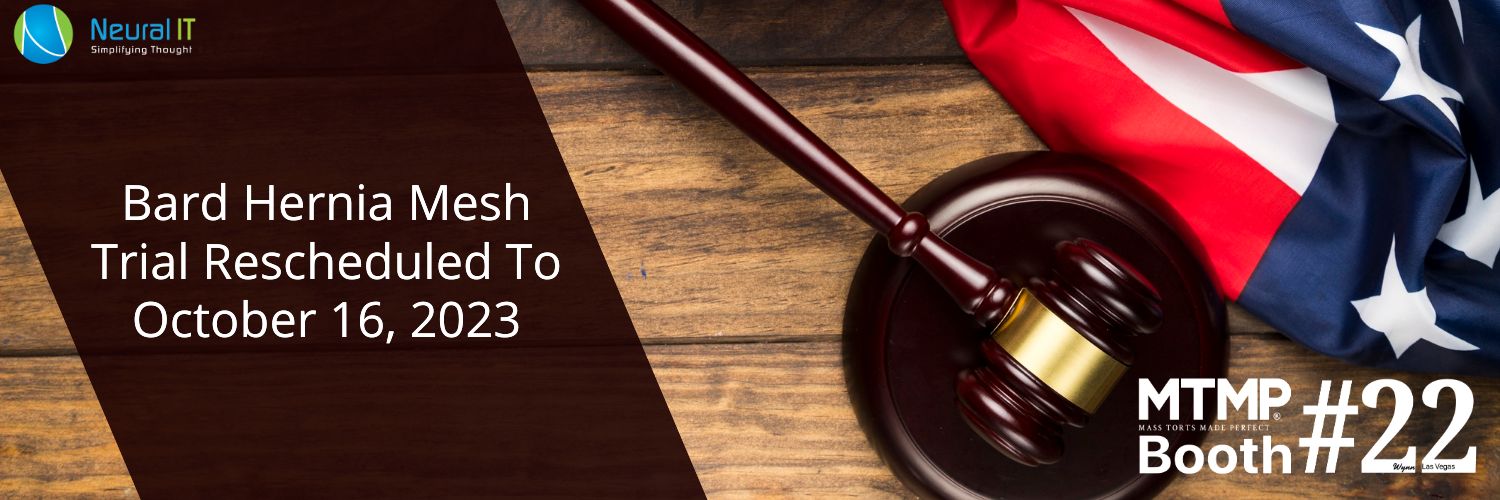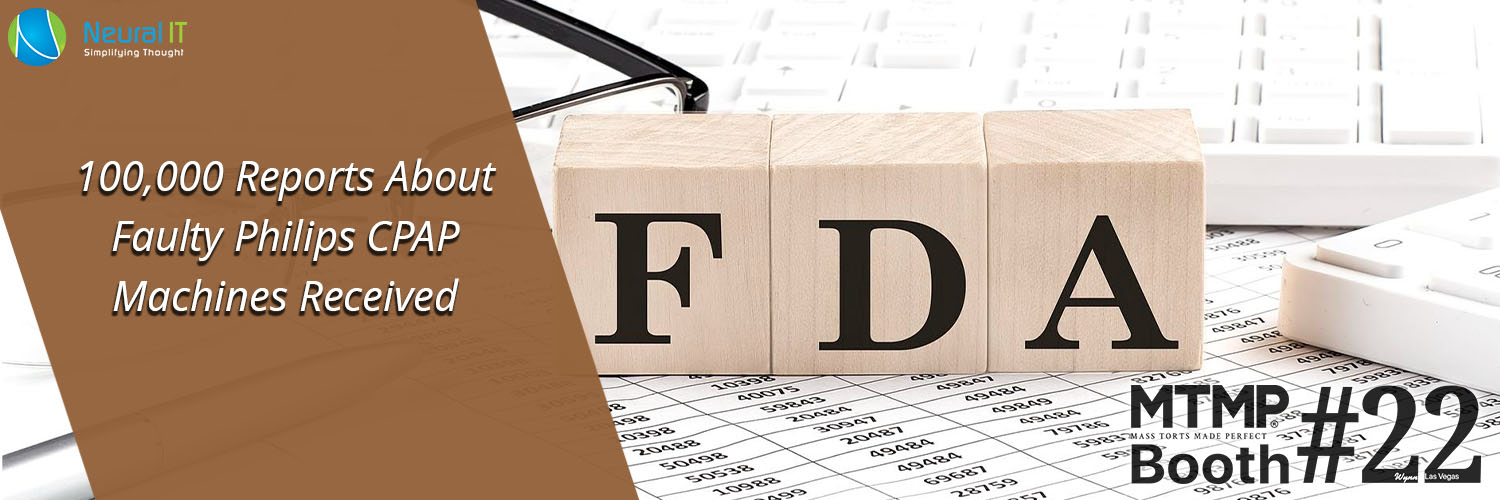J&J To Take Texas Two-step Case To US Supreme Court

Following an unsuccessful bid to have its appeal reheard in the Third Circuit Court, Johnson & Johnson (J&J) announced that it will make one final appeal to the Supreme Court to legitimize its strategy of funneling over 38,000 talc lawsuits into a company it created with the intent of declaring it bankrupt.
J&J is facing allegations that its talcum powder products, particularly its well-known baby powder, cause cancer. After allocating the cases to a company named LTL Management and applying for bankruptcy protection, J&J designated corporate cash for LTL to address the claims en masse.
According to a J&J spokesperson, the ruling disregards the facts established during the Bankruptcy Court's trial regarding the appropriateness of LTL Management's (LTL) formation and filing, as well as the company's intention to resolve the cosmetic talc litigation efficiently for the benefit of all parties, including current and future claimants. The corporation will immediately seek a stay of this ruling to seek direct review from the United States Supreme Court.
Throughout the proceedings, the business has maintained that its talc products are safe and devoid of asbestos. J&J pulled its baby powder from stores in North America in 2020 and will cease global sales this year. Instead, the firm has gone with cornflour.
Companies have utilized the legal maneuver known as the Texas two-step to settle asbestos litigation. J&J established LTL in Texas in 2021 and relocated it to North Carolina before filing for bankruptcy. The litigation has been halted for 17 months as a result of this strategy. J&J made a $2 billion offer to settle the lawsuits in 2022, although a corporate lawyer at the time stated that the firm may increase its offer.
In January, the U.S. Circuit Court of Appeals in Philadelphia rejected the complaint, stating that J&J and LTL were not in financial hardship. A three-judge panel unanimously denied LTL's en banc petition to hear the matter again.
J&J's talc litigation has had varied results, with the company winning some cases, losing others, and settling others. In Missouri, more than 20 women were awarded $4.69 billion in 2018, a figure that was eventually lowered to $2.1 billion following appeals. J&J also pursued the issue to the Supreme Court, where it was rejected in 2021.
Bard Hernia Mesh Trial Rescheduled To October 16, 2023

The third bellwether trial concerning accusations that the Bard PerFix Plug is defectively built and caused unpleasant problems following hernia surgery has been rescheduled to begin on October 16, 2023, by the United States District Court presiding over all Bard hernia mesh litigation.
The case was scheduled to begin in May 2023, as the third in a series of early trial dates meant to assist the parties judge how jurors are likely to respond to specific evidence and testimony that would be duplicated across more than 18,000 claims filed against C.R. Bard in a federal MDL (multidistrict litigation).
The judge has already presided over two MDL bellwether trials, which ended with mixed results. The first case went before a jury in August 2021, resulting in a defense verdict for Bard. That trial was followed by a second bellwether case that went before a jury in April 2022, resulting in a $255,000 verdict.
In August 2022, a state court lawsuit in Rhode Island resulted in a $4.8 million verdict over Bard hernia mesh problems, which sent a strong signal to the manufacturer about the extent of liability it may face in certain cases, as each lawsuit goes before a jury.
Each hernia mesh complaint makes similar claims, claiming that people had difficulties with various polypropylene products offered in recent years, such as the Bard PerFix Plug, Bard Ventralight, Bard Ventralex, Bard 3DMax, and other similar systems.
Because the charges raise comparable factual and legal issues, the lawsuit has been centralized and consolidated before the U.S. District Court since August 2018, for coordinated discovery and pretrial procedures. Yet, as fresh hernia mesh claims are filed and the devices continue to fail, the size of the MDL grows.
100,000 Reports About Faulty Philips CPAP Machines Received

A Philips CPAP recall was issued nearly two years ago for millions of DreamStation sleep apnea equipment that contained faulty sound abatement foam, which is known to deteriorate and break down.
Former users, on the other hand, continue to come forward to describe major health difficulties and problems caused by breathing the foam particles and toxins. The FDA provided the latest in a series of updates last month concerning Philips CPAP health risks related to foam breakdown, showing that an additional 8,000 medical device complaints were reported in the final two months of 2022 alone.
The FDA now reports that between April 2021 and December 31, 2022, it discovered more than 98,000 concerns reported to the agency, including at least 346 fatalities. This indicates a more than 30% increase in fatalities due to Philips CPAP machines in November and December 2022, and the number is anticipated to rise more in the future.
Individuals have been diagnosed with severe lung damage and long-term respiratory side effects such as chronic obstructive pulmonary disease (COPD), reactive airway disease (RAD), acute respiratory distress syndrome (ARDS), sarcoidosis, pneumonia, asthma, and other issues as a result of using Philips CPAP.
Thousands of former DreamStation sleep apnea machine users are now suing Philips for CPAP lawsuit settlements, and this page will answer some of the often asked concerns regarding why they are having long-term health difficulties as a result of earlier usage of a recalled DreamStation sleep apnea machine.
The FDA advised consumers to only use the recalled devices for life-sustaining treatments, causing millions of users to miss out on needed sleep apnea treatment as the company battled to manage what has become an extremely difficult Philips CPAP repair programme.
Unfortunately, the FDA's Class I recall classification correctly reflected the gravity of the CPAP recall, with approximately 100,000 claims of health problems caused by Philips CPAP machines received in the months after the recall.
